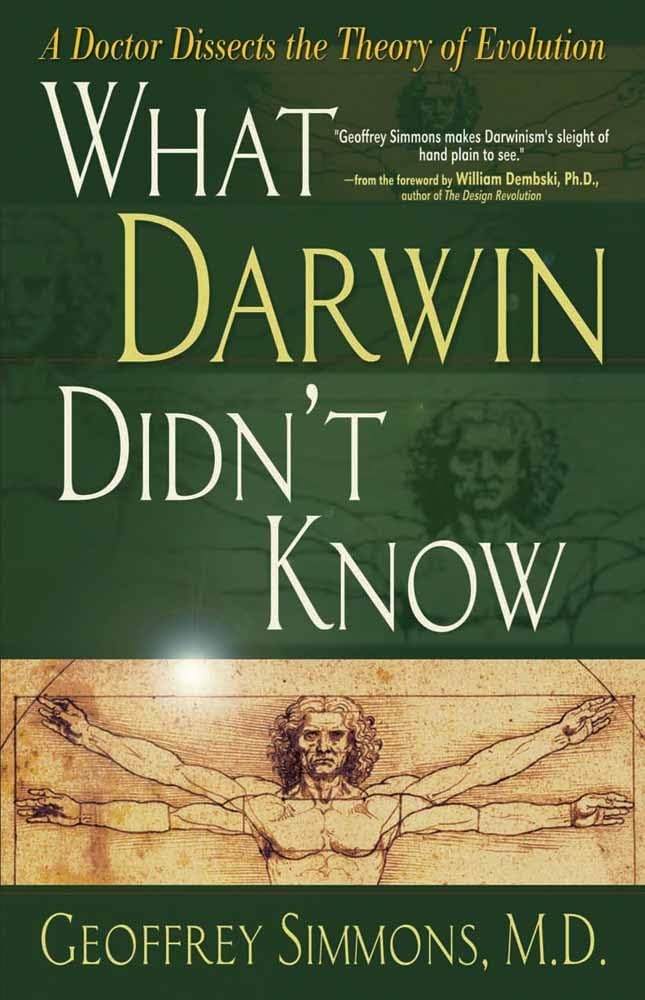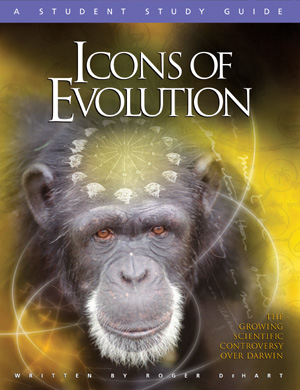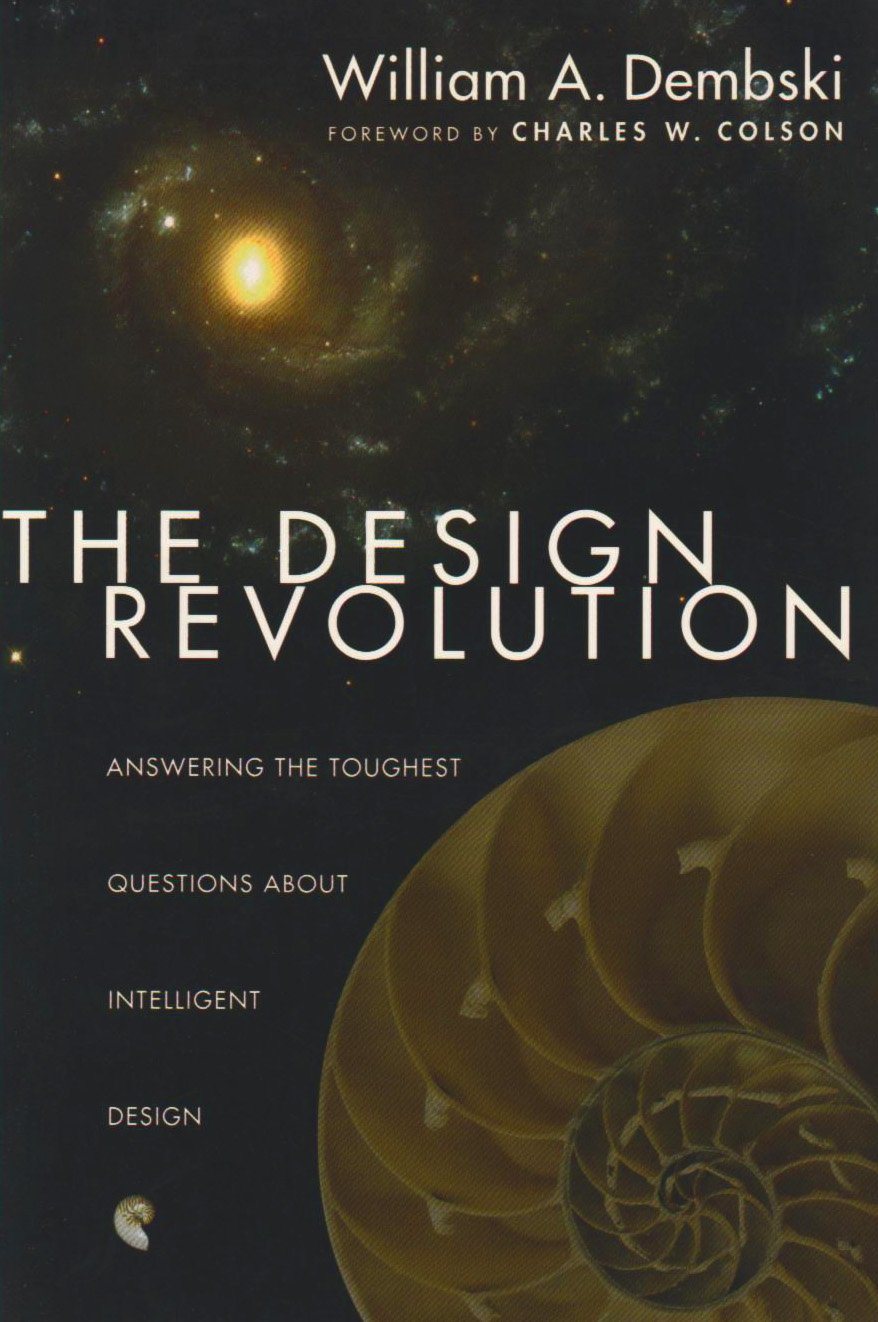Evolution Group Uses Federal Tax Money to Promote Religion
SEATTLE, APRIL 1 — The federal government has spent nearly a half-million dollars on a website that encourages science teachers to use religion to promote evolution, sparking objections that the website violates the separation of church and state. Unveiled earlier this year, the Understanding Evolution website was jointly developed by the National Center for Science Education (NCSE), a private group Read More ›



